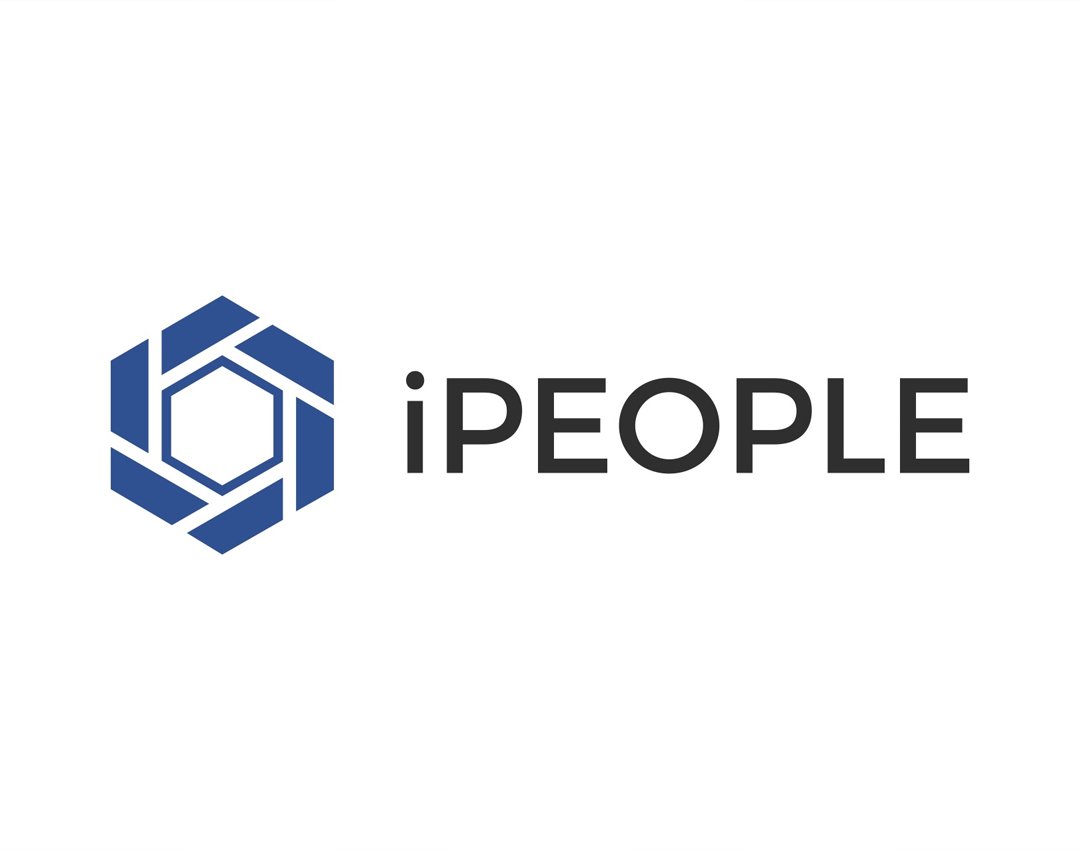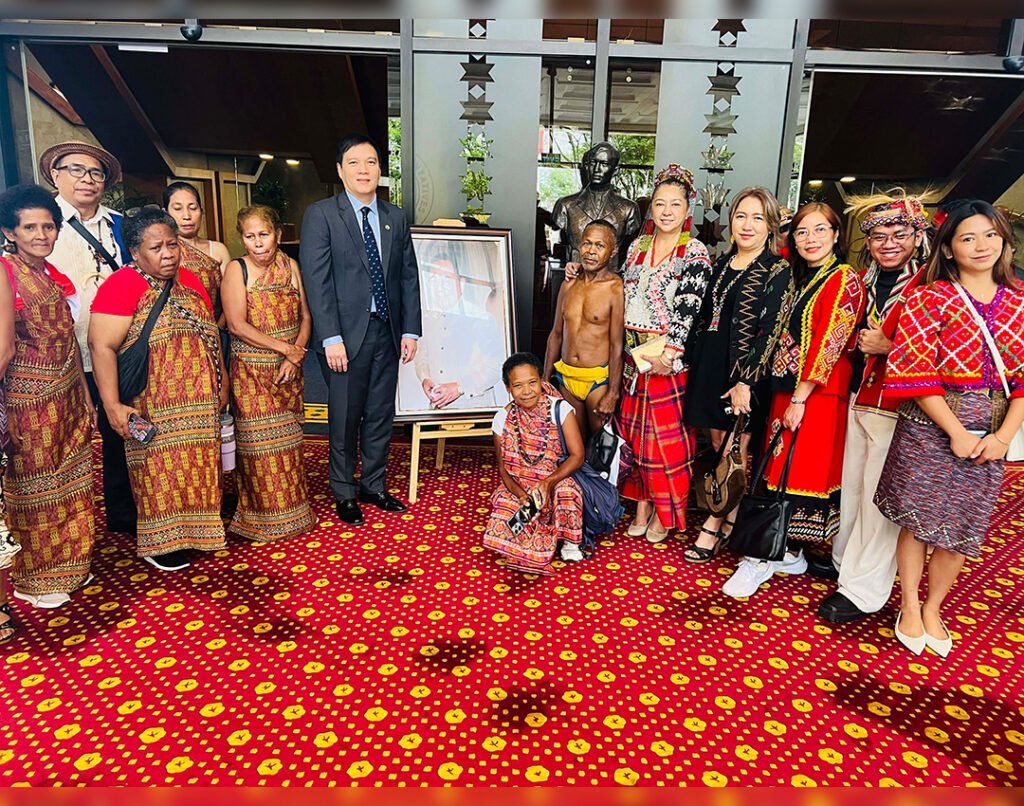Manila, Philippines—iPeople, Inc., majority owned by House of Investments of the Yuchengco Group of Companies, highlighted the critical role of education in driving climate action at its recently held sustainability summit “Partners in Sustainability: Advocacy and Action in Our Communities.” The event gathered stakeholders, thought leaders, faculty and students from all member schools under iPeople, including Mapúa University, Mapúa Malayan Colleges Laguna, Mapúa Malayan Colleges Mindanao, Mapúa Digital College, National Teachers College, University of Nueva Caceres, Malayan High School of Science, and APEC Schools.
Dr. Reynaldo Vea, iPeople Chairman and CEO, stressed the urgency of taking collective and individual steps to combat climate change. He linked these efforts to iPeople’s commitment to Sustainable Development Goal 4: Quality Education, integrating climate action awareness into school curriculum. He also highlighted other sustainability programs such as the Mapua Schools’ projects to address reading proficiency in basic education.
“By integrating sustainability into educational systems, communities can foster resilience, innovation, and collective responsibility toward protecting people and the planet,” Dr. Vea said.Dr. Decibel Faustino-Eslava, a geologist and university scientist at the University of the Philippines Los Baños, cited in her presentation the National Action for Climate Empowerment (ACE) Strategy wherein education is established as one of the key pillars to initiate climate action.
ACE is a UN Framework Convention on Climate Change (UNFCCC) initiative that strives to empower all members of society to engage in climate action through six pillars: education, public awareness, training, public participation, public access to information, and international cooperation.
“Climate action is just one approach to ensuring sustainability. However, it is currently the biggest challenge to us,” said Dr. Eslava. “Education propels climate action. We can use it to influence mindsets and behaviors. It also aims to develop skills and train students well enough so you can be innovators. Education can spur both adaptation and mitigation work.”
Education, according to Dr. Eslava, aims to change people’s habits in the long term by fostering a better understanding of, and ability, to address climate change and its effects. She said teachers can start educating children from early childhood on climate change, building up information from knowing, understanding, and creating solutions.
Other speakers for the iPeople sustainability forum included sustainability advocate and entrepreneur Anna Suavengco, widely known as Urban Farmer TV; Daniel Scheler, Project Manager of one earth-one ocean (OOEO) in the Philippines, an international association committed to water and coastal protection and an official partner of the UN environmental campaign #CleanSeas; and Jaime “Jim” Ayala, founder and CEO of Hybrid Social Solution s Inc., a social enterprise that provides rural communities with affordable solar solutions.
Anna Suavengco shared her journey of creating a global urban gardening movement through her platform Urban Farmer TV. Daniel Scheler addressed the broader context of climate action, explaining the significance of plastic wastes and microplastics to the marine ecosystem, OOEO’s initiatives in the Philippines and emphasized the interconnectedness of global efforts to mitigate climate change. Jim Ayala spoke about how their portable solar lamps enable students to study longer at night, thus improving their education.
The forum concluded with a renewed commitment to leveraging education as a cornerstone for climate action.
The iPeople Sustainability Summit is an annual event hosted by Mapua University for the entire organization. iPeople is the listed holding company for the education sector of House of Investments Inc., a member of the Yuchengco Group of Companies (YGC), and Ayala Corporation. Its subsidiaries include Mapúa University, Mapúa Malayan Colleges Laguna, Mapúa Malayan Colleges Mindanao, Malayan High School of Science, National Teachers College and University of Nueva Caceres.
 338
338




